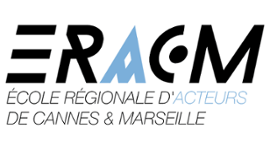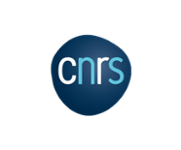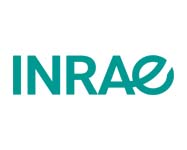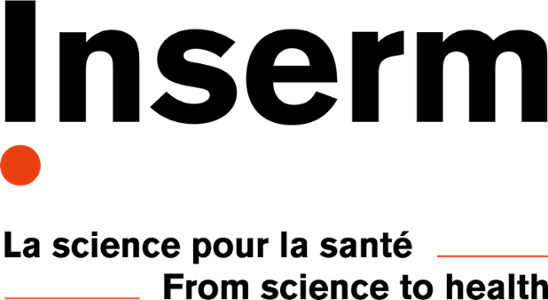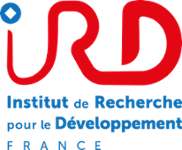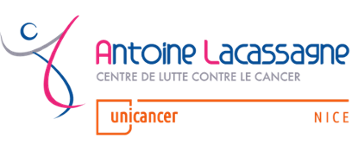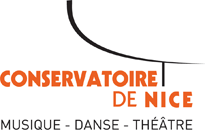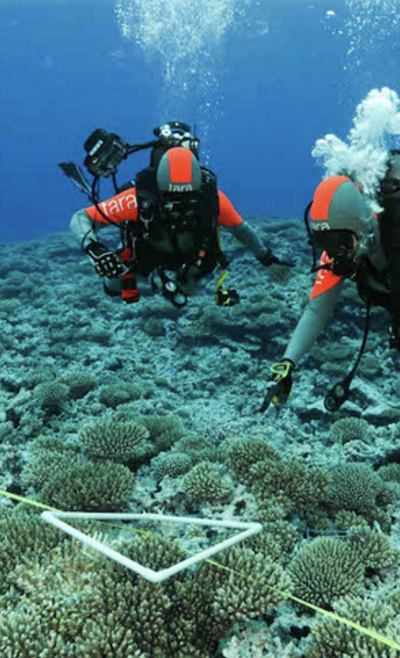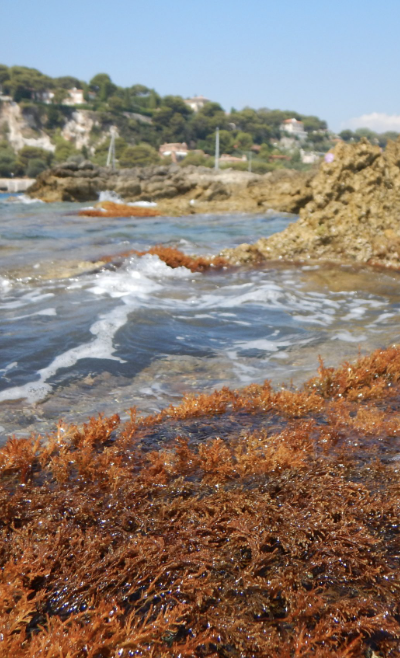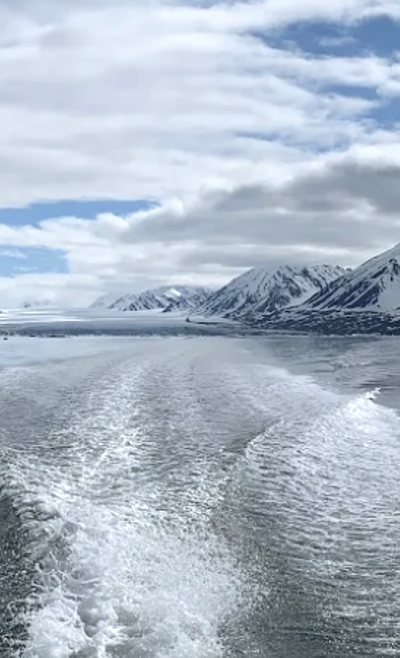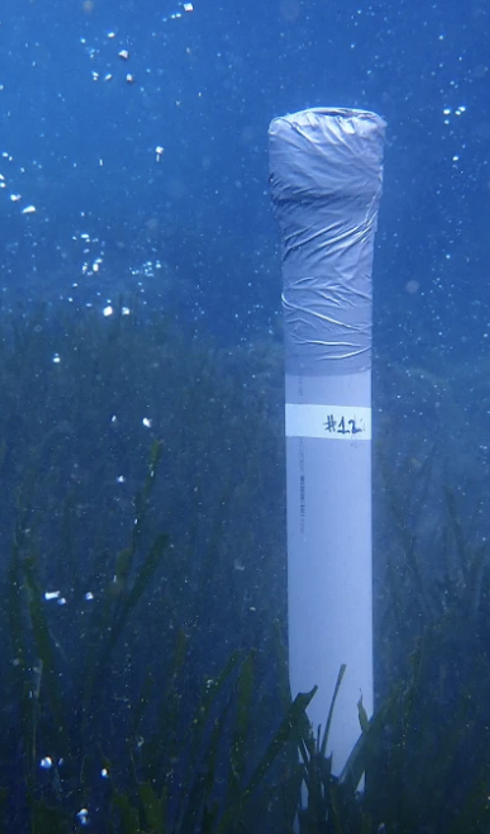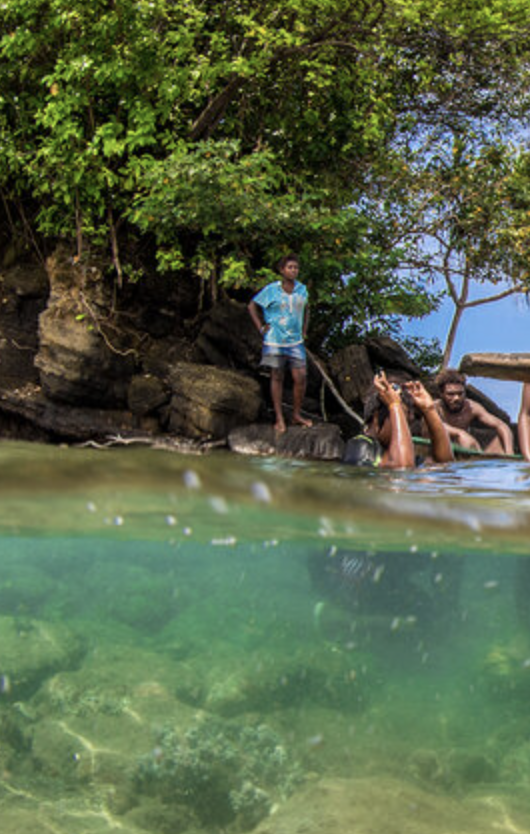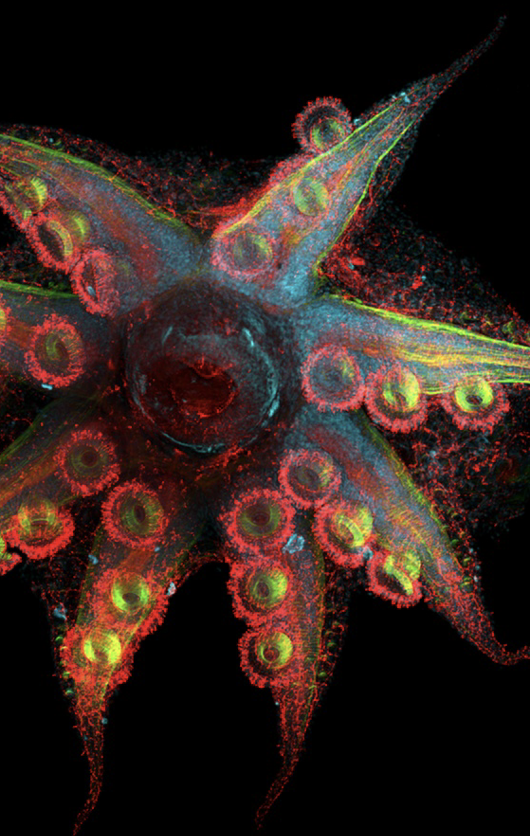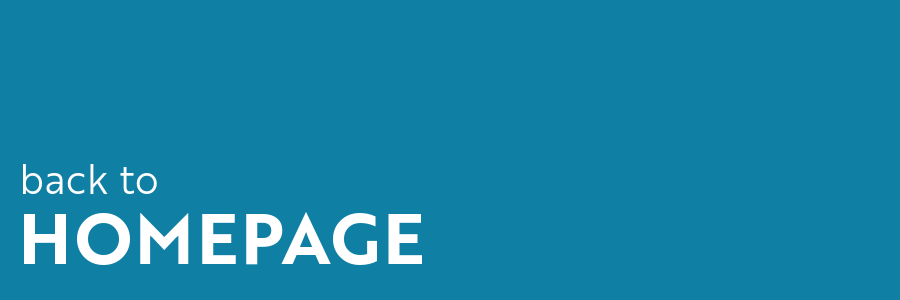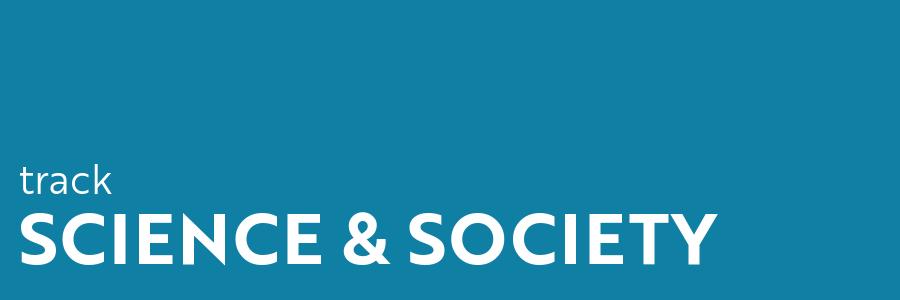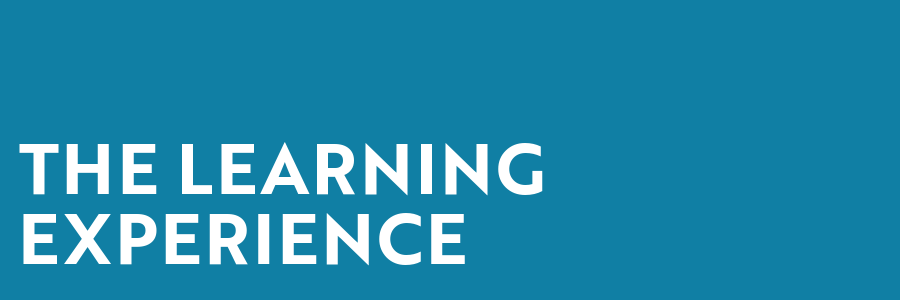MARRES Education

Get students involved in the professional world from the start
Our immersion projects connects the students together and with local and international professionals in science, conservation and/or entrepreneurship according to their career objectives. In short, the immersion projects encompass the 1st-year internships, but it's much more than that!
What is an immersion project?

How does it work?
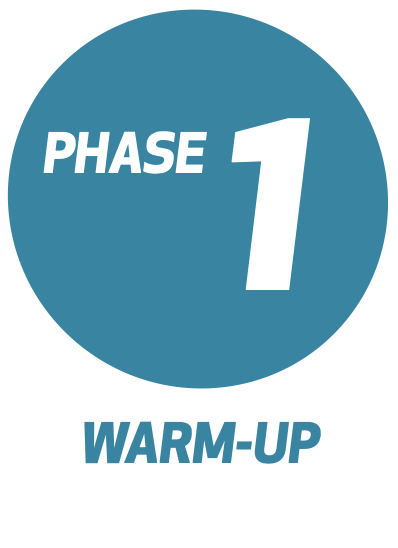
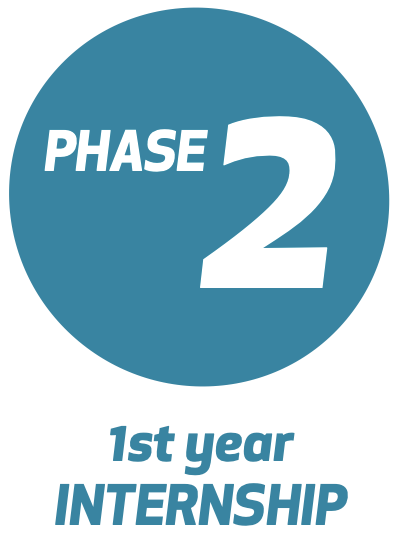
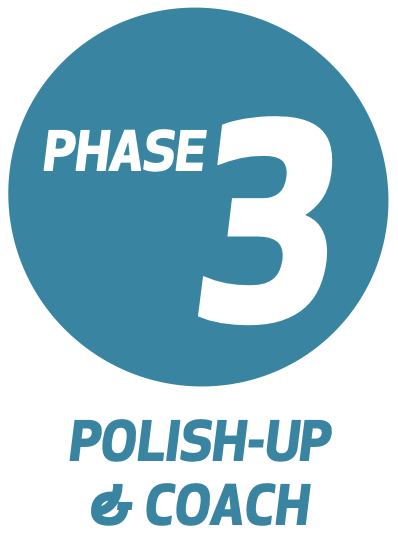
Examples of topics
- Science
-
- Tara Pacific: Assessing the Health of Remote Coral Reefs
- Host institution: IRCAN, Université Côte d'Azur, with Paola Furla
Context. Coral reefs are severely threatened by global and local environmental changes. Recent estimates indicate that about 20% of reefs have permanently disappeared, 25% are in grave danger and an additional 25% will be threatened by 2050. Human derived stressors such as climate change and pollution are having devastating consequences on coral reefs, leading to disease and symbiosis breakdown, known as ""bleaching"", which may contribute to the high mortality rates. Over the past three decades, mass bleaching events of endosymbiotic cnidarians (mainly corals and sea anemones) were widely reported in tropical oceans and has led to both the disappearance of essential ecological niches which supported thousands of diverse marine species, as well as the loss of significant economic benefits. The symbiotic cnidarians’ response to stress in this ever-changing environment thus plays a key role in the survival of the entire coral reef ecosystem. Previous studies on the molecular basis of environmental perturbations (mainly thermal stress) on corals have identified some key cellular pathways that have been thought to play a role in coral sensitivity, such as i) the antioxidant capacity, ii) the zooxanthellae photosynthetic activity, iii) the heat-shock protein levels and ubiquitination, or even iv) the apoptosis or autophagy. All of these processes are shown to be involved in the early steps of coral response to stress and may often lead to bleaching.
Objectives. The present master project will focus on the analysis of health state of different species of corals belonging to two different genera of corals, Pocillopora and Porites., sampled during the Tara Pacific expedition (Tara Expeditions) that is spanning the entire Pacific Ocean passing through more than 40 island stops. Altogether, samples have then been collected in nearly every archipelago across the Pacific Ocean in very remote aerea or more anthropized ones. The Master student will then be in charge in the analysis of health state of a set of sampled corals coming from three contrasted islands Sesoko (Japan), Fidji and Great Barrier Reef (Australia). He/She will compared between species, islands and sites (3 sites/islands), different biochemical markers (protein ubiquitination and carbonylation, caspase activities and antioxidant capacity). He will also evaluate the animal and symbiont biomass states of each sample by the assessment of the zooxanthella density and the animal protein content. Finally, his/her results will be correlated with other data coming from Tara Pacific expedition, like historical (i.e. previous heat stress period) or contextual data (I.e.physicochemical properties of water) and with results already obtained for other sampled islands. The experienced methodologies will at least be protein extractions, immunodetection by dot blot and Elisa test, spectrofluorimetry, cell countings. The analyses will include biostatistics (Multivariates, ACP, Correlation test).
- Restoring marine forests in the Mediterranean Sea: a scientific and management approach
-
Host institution: ECOSEAS, Université Côte d'Azur, with Luisa Mangialajo
Context. Mediterranean marine forests formed by large brown macroalgae (fucoids) are lost due to several human impacts. Conservation of the existing forests is a priority and ecological restoration the only option for those forests that are lost or under threat. In the framework of the European project Afrimed a consortium of scientist is working in order to setup the tools for conservation and restoration of marine forests at the Mediterranean scale. The Ecoseas laboratory is involved in this project with several roles: providing data for modelling cystoseira distribution, participate to the restoration pilot projects and study the effects of climate change, create a business club with the aim of write the guidelines of large brown algae forest restoration in the Mediterranean Sea.
Objectives The proposed immersive project will cover two of the abovementioned tasks and the student will both participate to the ongoing restoration projects (in the field and in the lab) and contribute actively to the creation of the business club. This will potentially imply fieldwork (also in winter, following the experiments setup in sumer 2020), lab work (experiments in small tanks) and synthesis and communication actions (concerning the business club).
- Effects of climate change on Arctic benthic communities
-
Host institution: IMEV, Sorbonne Université, with Steeve Comeau
Context. Within the framework of the project ORCA (Benthic organisms and community in a changing Arctic) the student will work on the determination of the effects of climate change on Arctic kelps. This project arises from the fact that climate change will have sweeping impacts on the cryosphere and marine biodiversity in the Arctic. In the past two years, our team has run large-scale perturbation mesocosm experiments on kelp communities (brown macro-algae), assess the benthic biodiversity and the local environmental conditions in our field site in the Kongsfjorden. In 2022, we did the first ever in situ community metabolism measurements of kelp communities in Konsfjorden.
Objectives. The student will be involved in the continuation of this work on different aspects. This will involve 1) working in the laboratory to carry-out various analyses (nutrient measurements, molecular biology, etc.), 2) helping with the testing of instruments, 3) analyzing video transects, and 4) potentially participating to a field work in the Arctic (pending funding and authorizations).
- Carbon storage and sedimentary records of Posidonia oceanica associated with natural CO2 vents
-
Host institution: IMEV, Sorbonne Université, with Nuria Teixedo
Context. Coastal ecosystems such as mangroves, tidal marshes and seagrasses sequester and store large quantities of blue carbon in the plants and sediments below, contributing to the mitigation of anthropogenic CO2 emissions. Posidonia oceanica, a Mediterranean endemic seagrass, is a hotspot of marine biodiversity that provides essential ecosystem services in coastal ecosystems, including the capacity to efficiently store carbon for decades to centuries. The aim of this internship is to investigate the effects of ocean acidification on Posidonia oceanica meadows in relation to carbon storage through interdisciplinary and novel approaches and using natural CO2 vent sites in Ischia (Italy).
Objectives. This project will help to better understand the impact of ocean acidification on carbon storage and sedimentary records of Posidonia by using sediment cores sampled in natural CO2 vents and reference areas with lack of venting activity.
- Blue economy
-
Host institution: CSM, Monaco, with Nathalie Hilmi
Context. Within the Centre Scientific de Monaco, the Marine biology department hosts an environmental economics theme that examines the socio-economic impacts generated by CO2 emissions, whether from climate change or ocean acidification. In the tropics, special attention has been paid to studying coral reef ecosystem services. Several SDGs are concerned by the good health of coral reefs (food security, fight against poverty, human health ...). Collaboration with socio-economic experts allowed to consider together the economic, social and cultural aspects of such an ecosystem. Governance aspects are crucial when we talk about managing natural capital and conserving environmental resources. Indeed, the actors involved in the process of protection or resilience are multiple. So the decision is made at different levels from local to global by a multitude of actors, thus communication is essential for research to reach all levels of decision-making.
Objectives. The objective will be to draft a document about the topic of blue economy and help with the organization of the Blue Economy Summit.
- Octopus sensory motor control
-
Host institution: Italian Institute of Technology, with Letizia Zullo
Context. The octopus has eight long and flexible arms with virtually infinite degrees of freedom. Its amazing arm motor abilities are coupled with the extraordinary sensory system of the suckers endowing the arms with the ability of interacting both mechanically and chemically with the external environment. Octopus has been inspiring the field of soft robotics for many years but still questions on how to efficiently embed its control and sensory-motor capabilities in a robotic artefact remain open.
Objectives. The aim of this project is to investigate the properties of the octopus arm sensory-motor systems and muscle mechanics with a special focus on their application in the bio-robotic field. IN particular we will focus on:
Muscle morphology, innervation pathways and biomechanics Sucker control and role into arm reflex responseThe student will learn i) maintenance of live octopuses, animal treatment and procedures for experimental purposes in a closed system aquarium in compliance with ethical requirements; ii) histology, immunohistochemistry and in situ hybridization on arm samples; iii) electrophysiology to investigate sucker control and reflex response. https://www.iit.it/people/letizia-zullo
This study will add important information on if and how sensory-motor information are processed within arms and what is the role of the central and peripheral distribution of its extremely large nervous system.
- Conservation
-
- Develop alternative approaches to finance marine conservation activities in the Mediterranean
-
Host institution: Blue Seeds, with Timothée Cook & Guillaume Le Port
Context. The BlueSeeds project was launched in April 2018 following the identification of the urgent need to increase the financial sustainability of marine conservation projects in the Mediterranean. BlueSeeds has been researching and implementing solutions for more effective and sustainable conservation over the past two years. BlueSeeds has undertaken 27 field missions all over the Mediterranean, carried out several dozen diagnostics and assessments, developed 4 toolkits, carried out 16 training courses, elaborated a dozen business plans for marine and/or terrestrial protected areas, launched a local blue entrepreneurial incubator.
BlueSeeds articulates its activities to strengthen the sustainability of marine conservation projects around three axes:
Measuring the impact of marine conservation initiatives, Support and technical assistance to marine conservation managers, The development of innovative technical and financial solutions to sustain marine conservation initiatives.Objectives. We are working on 4 overall projects dispatched in more than 10 pilot sites. Our projects range from development of innovative local financing mechanisms to implementation of blue local incubators for local communities to
impact assessment of projects. It is not clear at the moment what could be your role in BlueSeeds, but we are looking for "swiss knife" able to work on several topics related to conservation finance.
- Ecotourism Science Communicator - "Science Tells our Stories"
-
Host institution: Blue Finance, with Taylor Bratton & Nicolas Pascal
Context. Blue finance is a social enterprise that generates creative business models to finance MPAs. Part of this strategy is to offer ecotourism opportunities. Ecotourism is only successful when the value of the marine reserve is effectively communicated. For our sustainable travel opportunities to gain traction, we need to share the stories of our science, conservation and work with coastal communities.
Objectives. This project would involve an intern working remotely to write blog posts, web copy, create content social media and develop a bi-monthly newsletter. The basis of this internship would be to convert applicable research / results into stories that would be of interest to travelers. Science communications is all about making 'the science' relevant beyond the scientific community and converting it commercially valuable content for the tourism arena.
- Biodiversity Mapping in Philippines MPAs
-
Host institution: Blue Finance, with Taylor Bratton & Angie Brathwaite
Context. Blue finance oversees the management and scientific activity in a marine reserve network in Mindoro, Philippines. Working with the science director of our partner organization, Blue Alliance, we are assessing the biodiversity of a potential site for a new MPA and considering the expansion of an existing MPA. The intern will collect available coral & fish, mangrove & sea grass data as well as to determine the data gaps for coral reefs and fill these gaps.
Objectives. The local government unit (LGU) of Calapan City, PHI, needs to be convinced of the viability of new MPAs. Substantial and highly accurate bio-physical data must be collected in the desired areas. The output would consist of a preliminary report describing findings from consistent monitoring and the production of biodiversity maps for each study location. The content of this report will be defined by the science director.
- Developing communication strategies for Ocean protection awareness
-
Host institution: Kahi Kai, with Aldine Amiel & Eric Rottinger
Context. Kahi Kai (‘one ocean’ in native Hawai’ian) is a non-profit organization founded in 2009 in Hawaiʻi and in France by marine scientists. Kahi Kai strives to raise awareness of our shared responsibility to conserve our oceans by introducing students, children and the general public to the fascinating and diverse organisms found therein. Educating our youngest generation will have the greatest impact as children have a dual role as current consumers and future policy makers. By providing them with a basic understanding and respect for the ocean, and fostering a passion and interest in marine science, we ensure that our future leaders will be capable of making informed decisions regarding ocean conservation. Kahi Kai is committed to illustrate the connectivity of the worlds ocean by promoting communication and interaction between scientists, artists, watermen, fishermen, journalists, politicians and everyone who is interested by the fascinating, mysterious and endagered marine world.
Objectives. Based on a newly generated data from a public perception survey that was part of previous Immersion projects, the objectives of the project will be to develop efficient communication strategies to raise awareness of our shared responsibility to conserve our oceans.
- Innovation
-
- Microalgae production for biobased packaging
-
Host institution: UQTR, Innofibre, Quebec (Canada), with Nathalie Bourdeau
Context. Microalgae are used in products for food and animal health, human health, etc. and also for tertiary wastewater treatment where the biomass produced can be valorized. Success stories are accumulating on their production in cohabitation with agri-food or industrial plants whose wastewater is used as a source of nutrients for their cultivation while the algae-based products can be consumed on site or locally. The cohabitation approach allows for a steady supply of cheap nutrients (wastewater, mixed or not with other cheap local nutrient sources) as well as energy (waste heat from the plants), which contributes to the profitability of the microalgal biomass products produced. This strategy of cohabitation and valorization of co-products on site or locally fits harmoniously with the concept of circular economy in a given territory. It is in this perspective that Professor Barnabé's team from the University of Quebec in Trois-Rivières (UQTR), in Quebec, Canada and his collaborators (Innofibre, Oléotek)
Objectives. Optimization of microalgae production, development of cellulosic packaging with microalgae, production of PHA by microalgae, CO2 utilization by microalgae
- Operation of a Seaweed Factory
-
Host institution: Volta Greentech, Sweden, with Cora Taylor
Context. There are 1.5 billion cows on the planet that together burp out 5% of the world’s greenhouse gas emissions. That’s 2x more emissions than the world’s fleet of airplanes. Volta Greentech is on a mission to work with the beef and dairy industry to reduce emissions to mitigate global warming. By providing farmers with the means to drastically reduce the methane emissions produced by dairy cows and beef cattle, the agriculture sector can take a massive leap in becoming sustainable. At Volta Greentech, we believe that with the right team, we can change the future. For success, it is crucial to work alongside highly-driven individuals who want to join our mission. We are focused on the cultivation of macroalgae (seaweed) at our pilot factory in Lysekil. The red macroalgae Asparagopsis sp. has been proven to reduce methane emissions when fed to ruminant animals thus helping in the fight against global warming. As we refine our culturing model, the algae will be used to supplement cattle feed to reduce the methane emissions associated with beef and dairy products, essentially creating a new supplement called Volta Seaweed. This is a great opportunity to get hands-on experience within the start-up environment of a company positioned in an emerging field within aquaculture and working in a commercial pilot plant.”
Objectives. 1/ You will work on a project testing a new cultivation module. You will work alongside our engineering, production and R&D teams to conduct and report on algae-growing experiments in this new module.
2/ You will take some responsibility for the day-to-day operation of our cultivation system. After training, your tasks will include assisting Volta Greentech’s production team with seaweed harvesting, basic maintenance of cultures, performing water analysis data and mixing solutions/growth media.
- TetraFOOD project
-
Host institution: Inalve, Nice, with Freddy Guiheneuf
Context. Inalve, greentech startup based in Nice, has developed an innovative patented microalgae production technology, offering real competitive and environmental advantages. Its unique know-how is recognized by the innovation ecosystem (numerous distinctions including BPI Concours Mondial Innovation – Phase 3, European Commission Seal of Excellence, Best innovation in Aquaculture Innovation Europa 2019). Inalve • Industrially cultivates microalgae without taking off on natural resources, with no need for arable land, being very economical in water and energy; • Commercializes fresh, concentrated and biosafe biomass, with a unique cell viability on the current marine microalgae market, rich in premium ingredients favorable to animal health, free of GMOs / pesticides / heavy metals / antibiotics. Inalve intends to contribute to the global challenge of a sustainable economy, respectful of the planet and people. Through its action and its ambitions, it contributes to 8 of the 17 Sustainable Development Goals of the UN's 2030 Agenda.
Objectives. Inalve wishes to study the markets’ potential of 2 strains of microalgae produced in biofilm, in the field of food supplements, following two guiding principles: • meet market expectations • participate in the development of responsible production and consumption (UN SDG 12).
We will carry out a proof of concept considering 3 key topics: • technological capabilities: ability to grow on biofilm technology • ability to lift regulatory constraints • qualification of business potentials to validate the interest and the volume of the markets.
The student will work within the R&D team, in close coordination with the industrial and the business team. The work will include the scale up of the production (from feasibility study to industrial level), understanding the parameters that influences the growth of the strain, biochemical profile characterization, works on innocuity/ non-toxicity/ digestibility, etc.
- Support for program development and seeding of innovative projects
-
Host institution: Blue Living Lab, Nausicaa, with Gaëlle Jean
Context. The Blue Living Lab is a project hosted and implemented by NAUSICAA, Center National de la Mer. It supports innovative and sustainable projects related to the sea by offering tutoring, access to aquarium facilities, networking, open innovation workshops with professional actors and visitors. The objective is to support the development of the Blue Economy in Hauts-de-France and to engage the general public in maritime innovation experiences.
https://www.youtube.com/watch?v=a_BI54sWnm8&t=5s
Objectives. The internship will contribute to the development of the programme in two ways :
contribute to the development of some projects (ocean literacy, coral breeding, underwater robotic etc.) inhouse make a diagnosis on ocean literacy in engineering schools and develop a strategy on how to raise students awareness on the blue economy and its opportunities
Video pitch
4-minute video expected at the end of the phase 2
Become a MARRES partner
You are a professional in science, conservation and / or valorization of marine resources and you want to develop a long-term "immersion project" with our students?
Please contact us, we are developing these projects right now!

